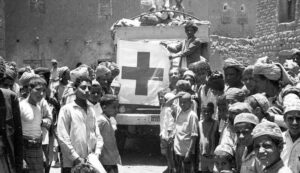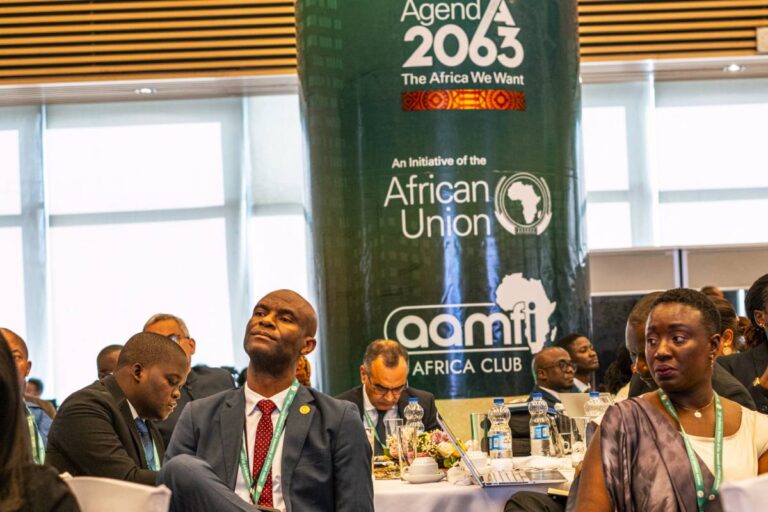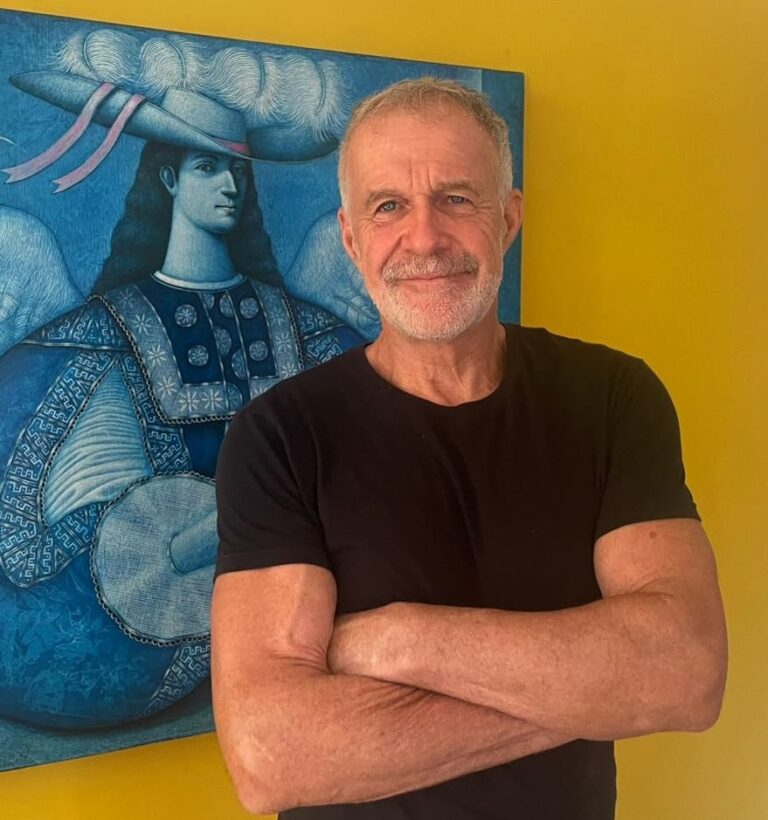The idea of humanitarianism is as old as humanity itself. In the aftermath of war, famine, and disaster, communities have always risen to protect the vulnerable. Yet the institutionalisation of humanitarian action as we know it today traces its roots to 1863, when Henry Dunant’s account of the Battle of Solferino inspired the formation of the International Committee of the Red Cross (ICRC). This moment laid the foundation for modern humanitarian law, the Geneva Conventions, and a global ethos that protecting life and dignity transcends politics, borders, and ideology.
From those early days in Europe, humanitarian action evolved into a worldwide endeavour. Wars, epidemics, and natural disasters of the 20th century underscored the need for coordinated responses. The Second World War gave rise to the United Nations and a new system of multilateral relief. By the mid-20th century, humanitarianism had become both a moral duty and a strategic tool, shaping international relations and global governance frameworks.
In Africa, the humanitarian story has been inseparable from the continent’s history of independence, conflict, and nation-building. The Nigerian Biafra War of the late 1960s was one of the first crises to galvanise mass humanitarian mobilisation on the continent. The images of starving children broadcast globally not only stirred public consciousness but also birthed organisations such as Médecins Sans Frontières, which to this day remains a key actor in Africa’s emergencies.
The famines in Ethiopia in the 1980s further cemented Africa’s place at the heart of the global humanitarian agenda, though not without criticism over representation and the politics of aid.
Over the decades, humanitarian action in Africa has done more than alleviate suffering, it has reshaped governance and development trajectories. Emergency food aid evolved into agricultural resilience programs. Temporary health interventions laid the groundwork for public health reforms, from vaccination campaigns to responses against HIV/AIDS and Ebola.
Refugee camps, once viewed as transitional, became centres of education and skills development, producing graduates who would go on to participate in national economies. Importantly, humanitarian crises exposed the limitations of weak state structures, pushing governments and regional bodies such as the African Union to craft policies on disaster preparedness, peacebuilding, and human security. In this sense, humanitarianism has functioned not merely as relief, but as a catalyst for state reform, accountability, and long-term governance innovation.
In Kenya , the humanitarian legacy is tangible. Refugee-hosting communities in Garissa and Turkana have, for decades, lived at the centre of global humanitarian operations. Organisations such as the Kenya Red Cross Society have become continental models of efficiency, while international partners like UNHCR, World Food Programme, and Médecins Sans Frontières continue to anchor responses to displacement, hunger, and public health emergencies. Their contributions cannot be overstated. They have saved millions of lives, sustained fragile communities, and provided a platform for local innovations in humanitarian response.
On this World Humanitarian Day, Africa Feature Network extends gratitude to these organisations and to countless frontline workers who embody courage and resilience. Their service, often in the most volatile environments, is a reminder that humanitarianism is not an abstract concept but a lived reality of sacrifice and solidarity. Yet, we also acknowledge that the humanitarian project in Africa is at a crossroads. Funding shortfalls, protracted crises in Sudan, South Sudan, and the Sahel, and the increasing complexity of climate-induced disasters demand a reimagined model—one that is locally led, context-specific, and accountable.
At Africa Feature Network , our role in shaping this narrative through solution – centered journalism and advocacy. Constructive journalism is, in itself, a form of humanitarian engagement. By amplifying the voices of the displaced, scrutinising governance failures, and maximizing opportunities to find long lasting solutions, we position storytelling as a tool of resilience and reform. Of our 12 thematic pillars; justice and human rights, governance and accountability, environmental sustainability, and wildlife protection—are aligned with the humanitarian imperative to safeguard life and dignity.
The significance of World Humanitarian Day, therefore, lies not only in honouring those who serve but also in interrogating how humanitarianism can be more effective in Africa. It is a call to bridge relief with development, compassion with policy, and solidarity with accountability. For AFN, it is a reminder that the African humanitarian story is not one of perpetual crisis, but one of resilience, agency, and transformation.
Humanitarianism began as a moral impulse in 19th-century Europe. In Africa, it has become a lifeline, a mirror of governance, and a driver of development. Today, as we mark this day, we must not only remember the sacrifices of humanitarian workers but also commit to building systems that reduce the need for constant emergency relief. That is the challenge of our time, and it is the narrative Africa Feature Network will continue to pursue: a humanitarianism that affirms dignity, strengthens governance, and advances Africa’s development agenda.



